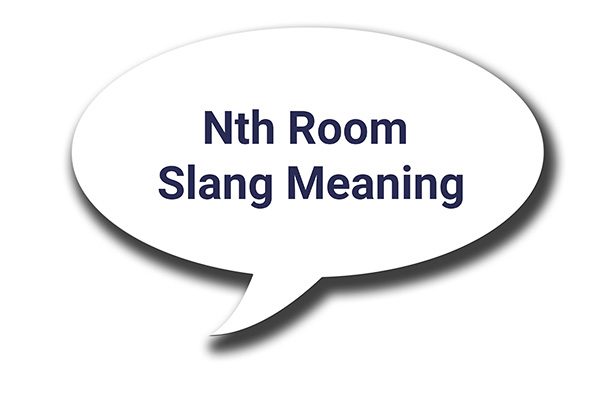
In an increasingly digital world, understanding slang and internet jargon becomes significantly important, particularly for parents addressing the online presence of their children. Slang is not merely fleeting colloquial language; it embodies the dynamic social nature of communication. In this article, we delve deep into the Nth Room case, a phrase that has recently gained a notorious reputation in the world of encrypted chat rooms, reminiscent of the Telegram skandal.
Nth Room Meaning
Nth Room refers to a group of korean Telegram chat rooms initially created by an admin called Godgod. The phrase Nth Room originates from ordinal numbers used to label these chat rooms (i.e., first, second). The Nth Room sprung from harmful intentions, with the administrator luring victims under the guise of security check or fabricated emergencies, subsequently leading to personal data breach.
The Impact of Nth Room on Victims and Society
Since its emergence, the Nth Room has evolved beyond the initial eight chat rooms. The concept has been reused in the creation of a multitude of chat rooms, all with disastrous motives. For instance, the Doctor’s Room, owned by the user ‘Baksa’, gained notoriety for its large-scale publication of explicit content.
Baksa, meaning “expert” or “a doctorate holder” in Korean, exploited unsuspecting victims by advertising high-paying modeling jobs. After receiving the initial suggestive photos, Baksa would trick victims into sharing their personal information under the pretext of making payments. This information was subsequently used to force victims into sharing increasingly explicit photos, threatening to expose their pictures if they declined.
Members were allowed access to these explicit pictures and videos in exchange for cryptocurrency, with membership tiers varying based on payment.
Safe to say that the Nth Room serves as a dreadfully glaring example of online exploitation, reinforcing the need for safe digital practices and awareness of evolving slang usage.
How to Talk to Your Kid About the Nth Room
- “Have you heard about any scary or uncomfortable situations happening online?”
This question is non-threatening and opens the floor for them to share their knowledge or experience without feeling like they’re being interrogated.
- “Do you know what to do if someone you don’t know contacts you online?”
This prompts your child to think about safe online interactions and allows you to guide them on how to handle unwanted contact.
- “Are there any terms or slang you’ve come across online that didn’t make sense or made you uncomfortable?”
This can lead to a discussion about harmful online communities and the importance of understanding internet jargon.
- “Can we go over the privacy settings on your social media accounts together?”
This shows your willingness to engage with their online world and emphasizes the importance of safeguarding personal information.
- “What would you do if a friend suggested visiting a site you know you shouldn’t?”
This question addresses peer pressure in the digital realm and reinforces the importance of making safe choices online.
Empowering your children with the knowledge and tools to protect themselves online is crucial. Initiating these discussions not only keeps them safe but also strengthens your relationship.